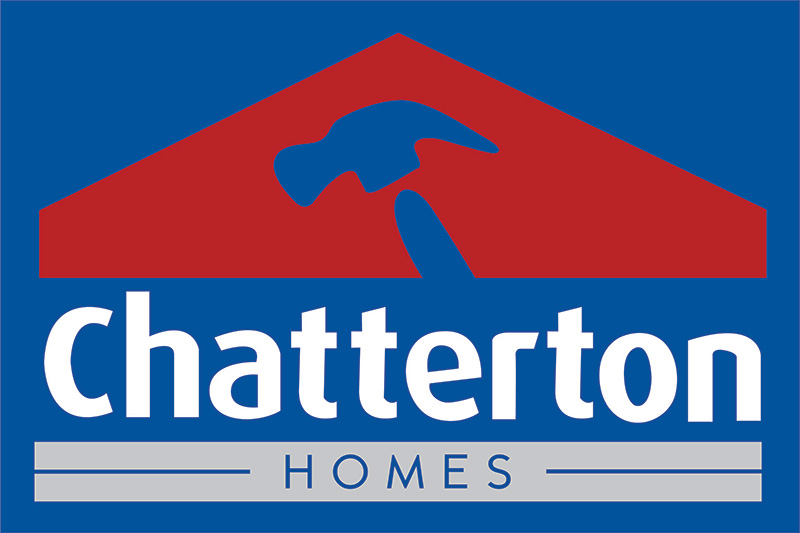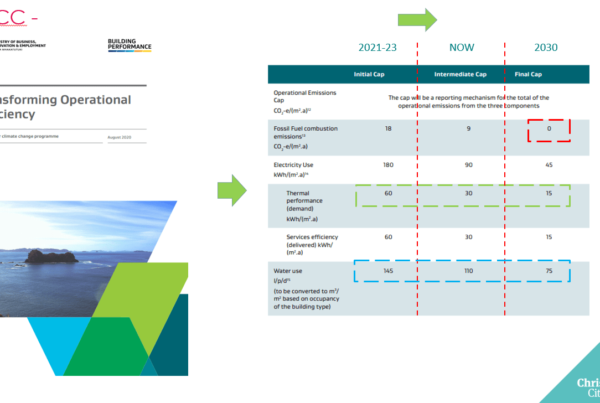If a client is looking for a builder to build their dream home I wonder how many clients consider the business acumen, practices, or knowledge of prospective builders.
Those clients who are in business themselves may do……but in my experience many don’t perceive builders as businessmen (or women) but that is exactly what they are…….how good they are is the question?

To clarify, my definition of a ‘builder’ in reference to this article is a Sole Trader or Company, not an employee of a company.
Good business practice is essential for many reasons. For those builders juggling more than one job at a time, it can ultimately affect everything about a job including client and subcontractor relations, job security, quality of workmanship, profitability, stress and an enjoyable working environment.
Some may argue that comprehensive business practices are less important in certain job structures (i.e labour only, or perhaps a company doing one small job at a time), but dependent upon the company you choose, the type of build and the risks involved I suspect we should ALL be thinking more about the business side of the building companies we are considering.
Here are a few key things that we feel are important business practices, it is by no means an exhaustive list, but perhaps by discussing these factors with prospective builders a client can gain an understanding of the level of risk they are taking and feel more confident about their decision.
Key Performance Indicators and Financial Analysis
Do companies measure how they are doing? This is not only to highlight potential upcoming cash flow problems, in order to address these early, but also indicates where systems could be improved, or bottlenecks can be addressed thereby decreasing delays to the client and loss of income to the builder.
I am not suggesting asking to see their books but by asking about their business practices you will gain great insight into the type of operation they are running, whether they are methodical about the financial situation and whether they are keen to measure for the sake of security and improvement.
Customer Relationship Management
Building is a service industry. We rely on our customers. Our reputation from customer feedback can have a huge impact on securing future jobs. So why then do some builders underestimate this relationship?
The building industry must recognise that for many people this is their biggest financial investment and therefore really ‘scary’. By providing the customer with knowledge, expertise, guarantees, and importantly, accessibility to the company, you go some way to allaying their fears.
Keeping them in the dark is a complete ‘no no’ – what bigger way to heighten their fears? A means of easy communication, accessible staff and a documented process of conversations and written agreements is totally achievable for anyone in business today. Technology is making it more accessible, mobile and affordable for everyone. There are no excuses anymore. Ask your builder how they manage customer relations? Are they up with the play?

Guarantees

A client is investing a huge amount of money into their new home or building project. They deserve a guarantee that their home is as per their signed contract, ‘fit for purpose’, and the promises offered by the builder are met.
A reputable builder is upset with all the cowboys bringing the industry name down, but how do they deal with this negative image, and potentially fearful or sceptical clients?
Independent 10 year guarantees are ESSENTIAL and go some way to allaying concerns but they don’t really address service or timeline promises, and what about delays in getting claims sorted?
So, in addition we need to consider, what do individual companies offer and how do they manage their work to ensure these guarantees are met? Some examples:
- Do they have a process for Quality Control?
- Do they have a build schedule to help ensure timelines are met?
- How do they communicate and manage progress, or issues, with clients (and other parties)?
- Is there communication transparent? How are they accessible?
- How do they manage variations? Transparent/detailed/authorised?
Tip: Have a look at the Company Values. Do they have any? Are they important to you? Ask your prospective builder about their values. Where do they come from? You will soon know whether they were just copied, or are genuine values the company aspires to.
Systemisation
Systemisation greatly improves productivity and profitability. Having procedures and systems in place enables people to have clear roles and accountabilities and allows others to step in when absences or unforeseen circumstances occur. Whilst we all try to minimise the risk of issues arising, problems will still arise, but it’s how you manage and resolve them that counts.
Systems also demonstrate a logical flow of events to achieve a desired result. They should also have a form of timeline so everyone knows what they are working to, none of this ‘when you get around to it’…… the client does not want to wait until a supplier gets round to either quoting, or doing the job!
One system should be in place from your initial enquiry through to sale and job start. Once the contract has been signed a further system (or build process) and build schedule will be put in place. There are many different groups, sources of information, legal requirements, documentation, etc, that all have to be managed and brought in on time and to budget, and completed correctly……… how does an ad hoc process compare with a documented system that all staff are aware of, work to, and are accountable for??
Sales and Workflow

The builder requires a flow of future work to maintain his labour levels and overheads, unless they are actively downsizing. Time off site trying to procure future work, and associated stress levels, can all negatively affect productivity and quality. They may take on work outside their expertise increasing risk, or start doing work for someone else who may dictate their priorities.
However, you also need to be mindful of who is on site if the owner or foreman is off trying to find work, as progress can ultimately be affected.
A good sales process will assist in gaining good leads but it requires a whole lot more to secure good work, and subsequently complete a successful build with happy clients.
Importantly sound business practice is high up that list as it arguably encompasses all the facets required to achieve a successful build, not only for the client but also for the business, which benefits from great referrals and no loss of profitability fixing issues during and post build.
Does anyone still think a Builder is not a Businessman or woman?




